Two years of mayhem might end with both Israel and Hamas agreeing to a ceasefire deal pressured and brokered by President Trump, Qatar, Egypt and Turkey on their respective clients and surrogates. There are jubilations in war-torn Gaza streets, whatever is left of them, and in Israel, especially in the families and friends of the remaining 20-odd hapless hostages who have suffered extreme violence and human indignities for over two years.
It is just the first phase, and we have witnessed the phases being passed over and pace observed more in breach by both sides, if one goes by the past behaviour of the actors involved. A significant number of Palestinian captives will also be released.
Trump, in this case, can surely take the credit if the ceasefire indeed holds as expected. And he might even travel to reassure the regional allies whose faith in the US security umbrella, and more than that their intent and efficacy, has been shaken after Tel Aviv’s attacks on Doha to eliminate Hamas leaders and negotiators.
President Trump was forced to provide a foolproof security guarantee to its non-Nato ally—Qatar—should it be attacked by anyone. Saudi Arabia went ahead and signed a Strategic Mutual Defence Agreement with Pakistan, supposedly securing Pakistan’s Islamic nuclear umbrella. Its efficacy and practicality will only be judged in real situations, but a certain minimal deterrence could become intrinsic to this arrangement, which is also supported by many Arab and Gulf countries, including Iran. Several of them may be looking either to join it or to have separate security tie-ups.
Impact Shorts
More ShortsTrump’s continued engagement and unremitting efforts for securing a proverbially ‘durable’ ceasefire were commended and appreciated by most world leaders.
Prime Minister Narendra Modi was also first among them. He sincerely tweeted, ‘We welcome the agreement on the first phase of President Trump’s peace plan. This is also a reflection of the strong leadership of PM Netanyahu. We hope the release of hostages and enhanced humanitarian assistance to the people of Gaza will bring respite to them and pave the way for lasting peace’ giving the credit when and where it is due. Later, PM Modi also spoke to Trump and congratulated him.
Of course, the Iranians consider the US-Qatar deal directed against them to constrain their reaction against future US-Israel attacks, as had happened recently when Tehran retaliated against the US bombing of their nuclear facilities by attacking the US’ largest Al Udeid base in the region.
Most observers believe that it was a fixed match and off-ramp to Tehran to stop the Iran-Israel war from escalating further. No one in their right mind believes or can extrapolate a situation when the US will counterattack Tel Aviv even as a face-saving measure. So, Netanyahu was not so unhappy to tender an apology to Qataris, with Trump being sure of trying to let this pass so that the ceasefire deal could be followed through, in which the role of Qatar is critical.
But the events of recent months have created a fear among the regional majors, who have begun to feel insecure due to Netanyahu’s intransigence and Trump’s limited capability to tame him, and hence the distrust has deepened even more. Reports indicate that the Iranian leader has lifted the ban to extend their ICBMs’ range to 8000 km from 2000 as it anticipates US-Israeli attacks yet again.
Turkey says it will attack Israel if it annexes the West Bank. The UAE does not discount Israeli capability to attack anywhere in the region at will. And Saudi Arabia declares it has permanently closed its doors to Israel, urging all Middle Eastern nations to sever ties. All these might look like knee-jerk reactions, but they do have and portend long-term implications for regional security architecture and pose a challenge for the US in the region.
In any case, for both Palestinians and Israelis, it is a sigh of temporary relief, as the deal includes a complete ceasefire, a gradual withdrawal of the Israeli army from 70 per cent of the Gaza Strip, and the simultaneous release of prisoners and hostages from both sides.
Guarantees have been given by the US, Turkey, Qatar, and Egypt, whose senior officials were present during the talks, that there would be no return to a state of war as long as both parties adhere to the terms of the agreement. Despite Israeli cabinet approving the plan, how Bibi will sell the deal to his ultra-right-wing political bedfellows like Ben Gvir and Bezalel Smotrich, who are threatening to withdraw support from Bibi’s coalition, remains to be seen.
What kind of insurance and assurances Bibi receives from other political parties will decide his future political track. No one likes to leave power. In his case, he is indeed riding on a lion as the domestic and international legal challenges continue to confront him. The future of Hamas and even that of the two-state solution are uncertain and unpredictable. But it can be safely assumed that Hamas’s political benefactors will find it difficult to overtly support it any more.
Since hope is the only anchor in such a distrustful scenario, let us hope the ceasefire lasts and is not seen as an opportunistic time-out by both sides.
The author is the former Indian Ambassador to Jordan, Libya and Malta and is currently a Distinguished Fellow with Vivekananda International Foundation. Views expressed in the above piece are personal and solely those of the author. They do not necessarily reflect Firstpost’s views.


)
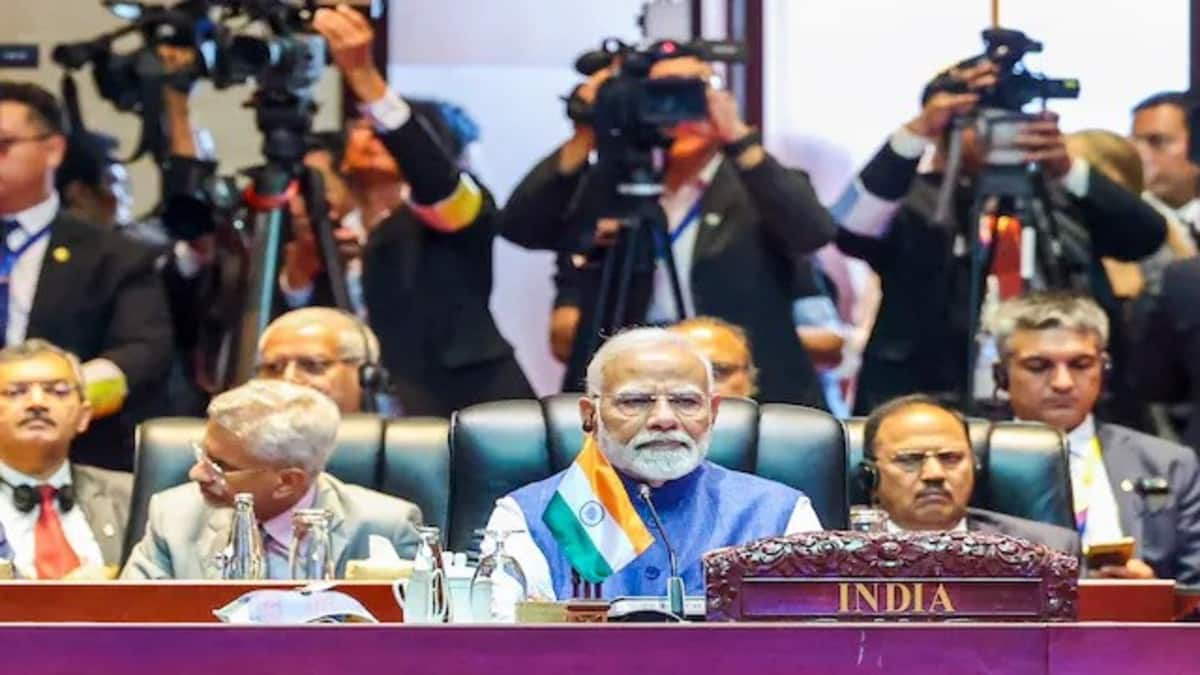
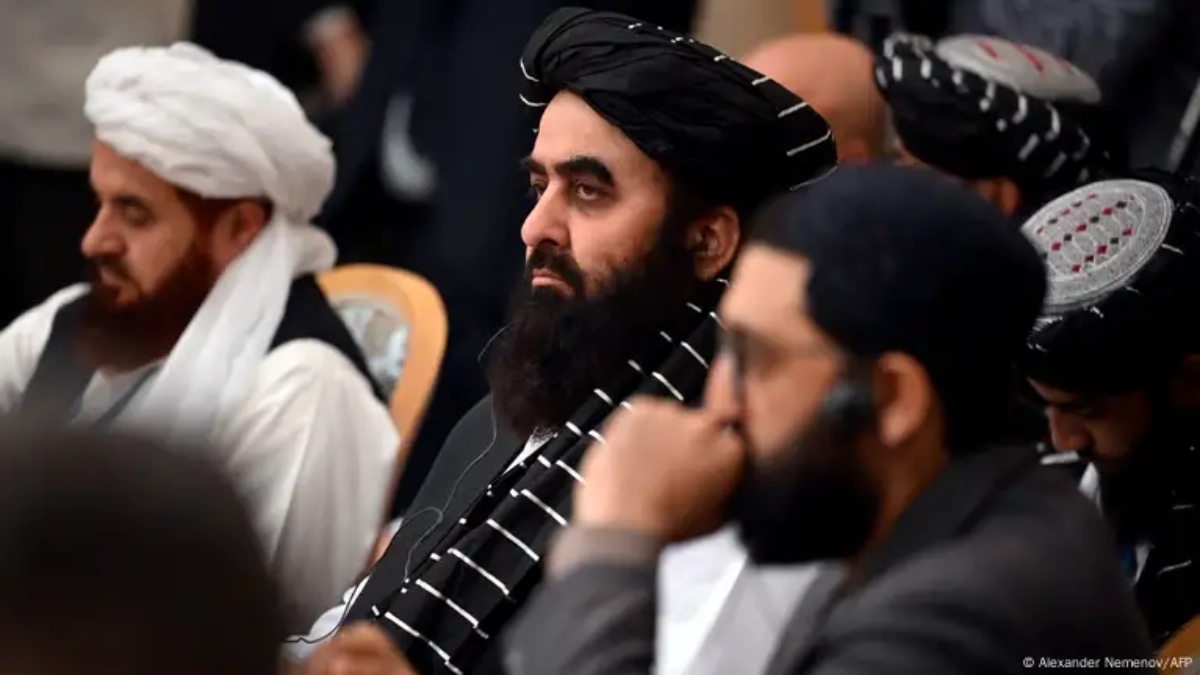)
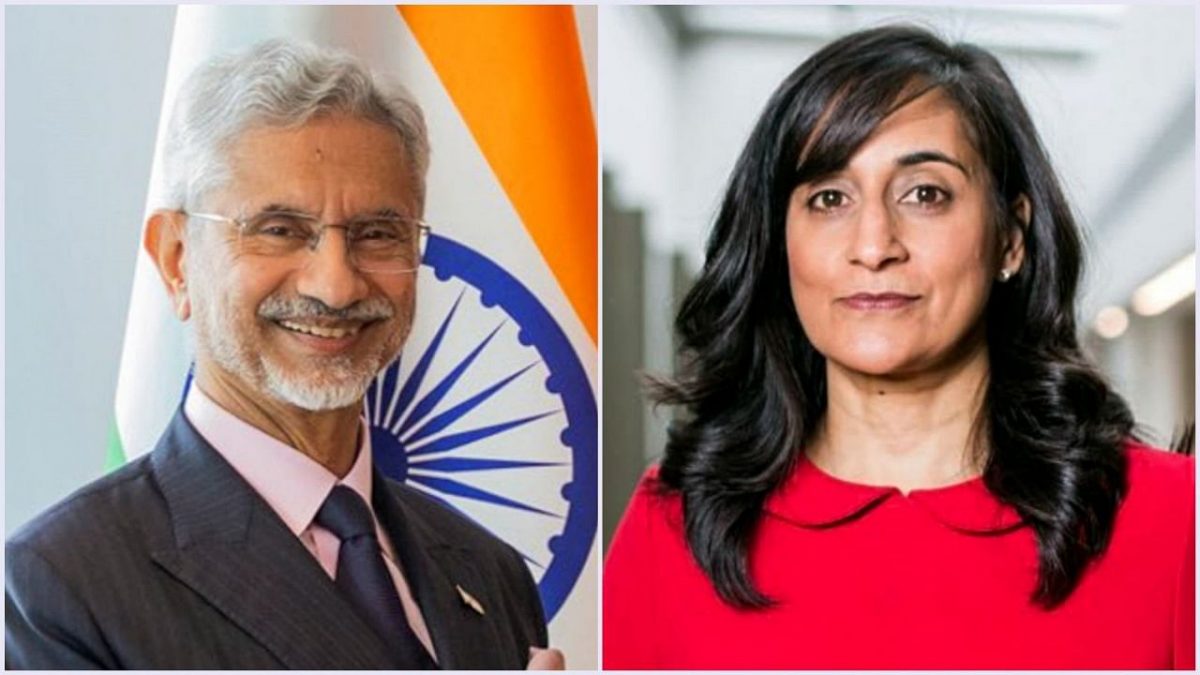)
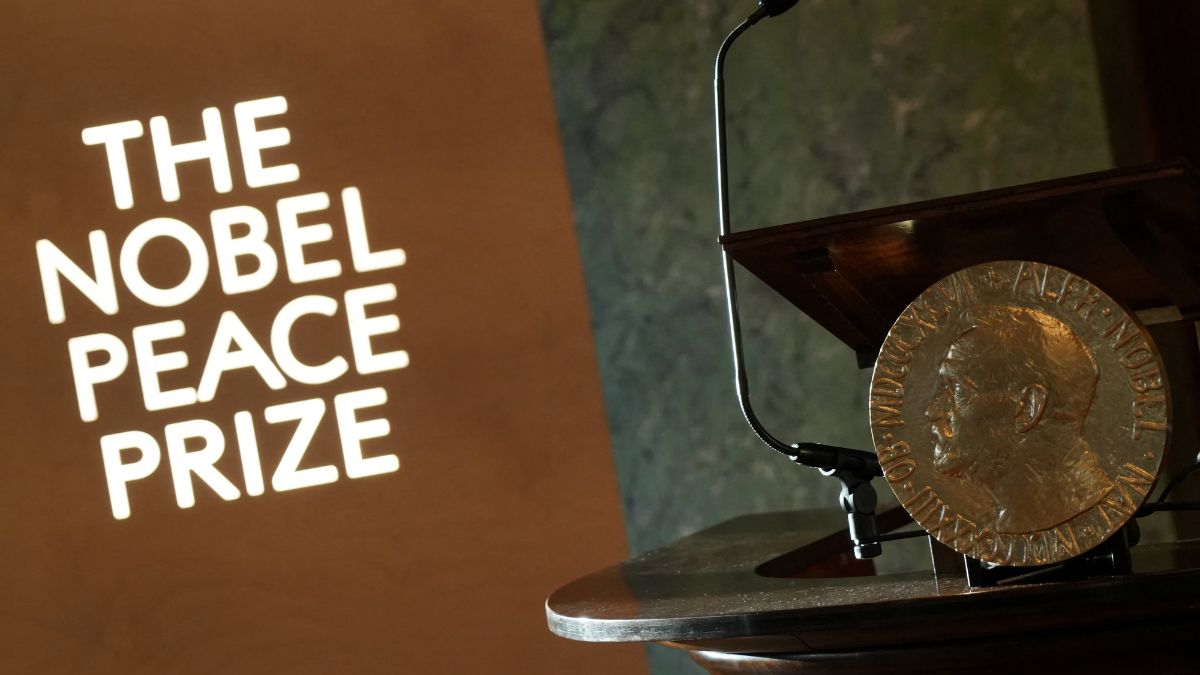)
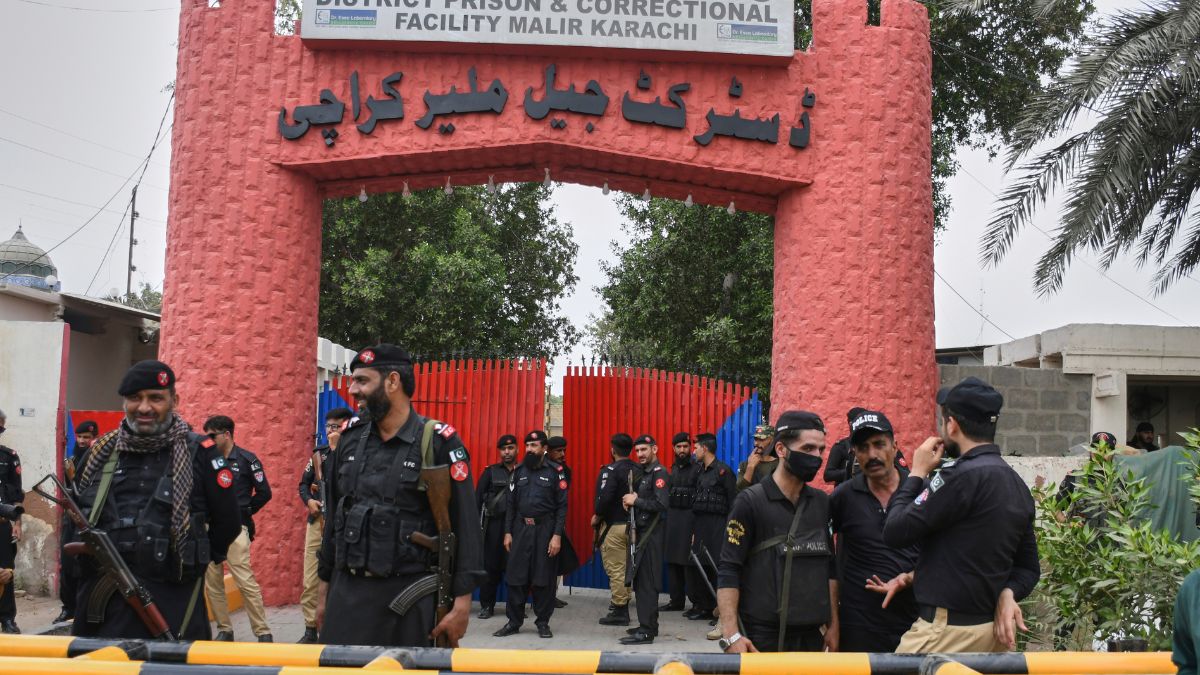)
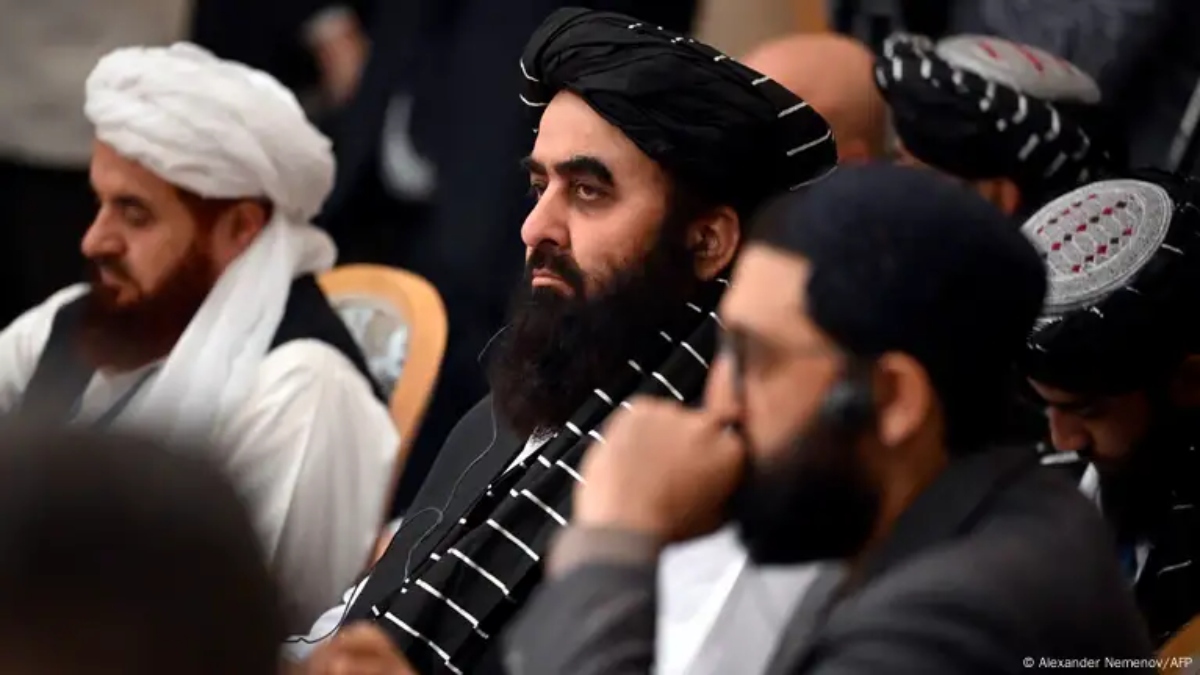)
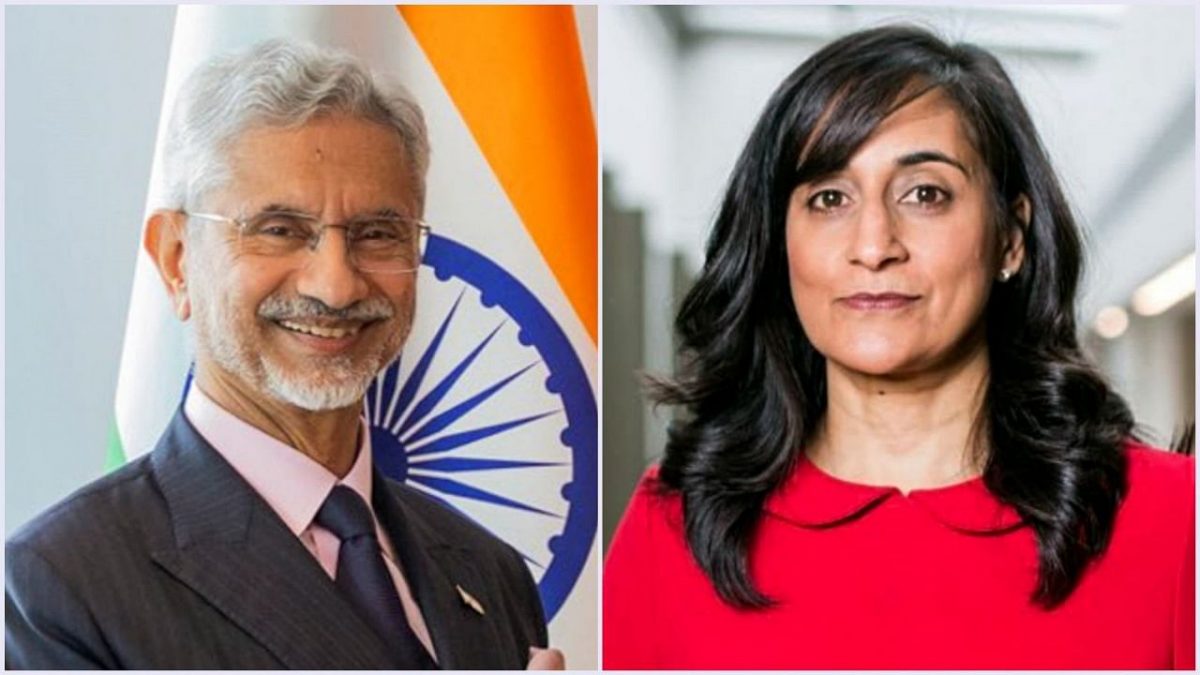)
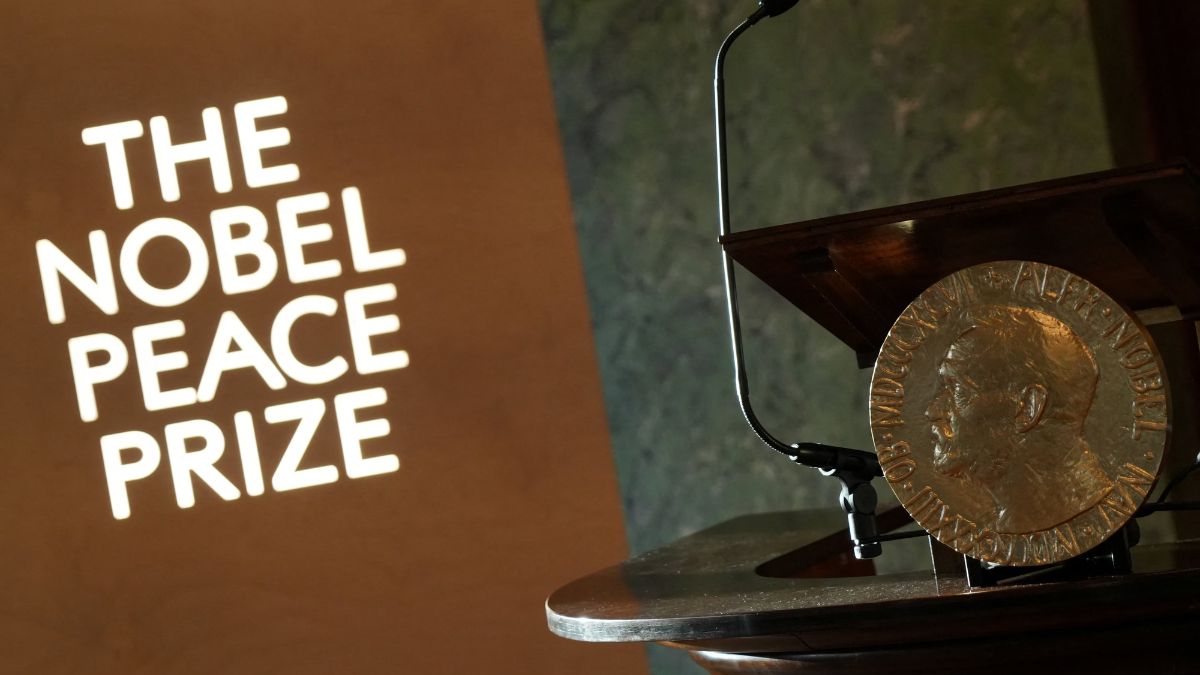)
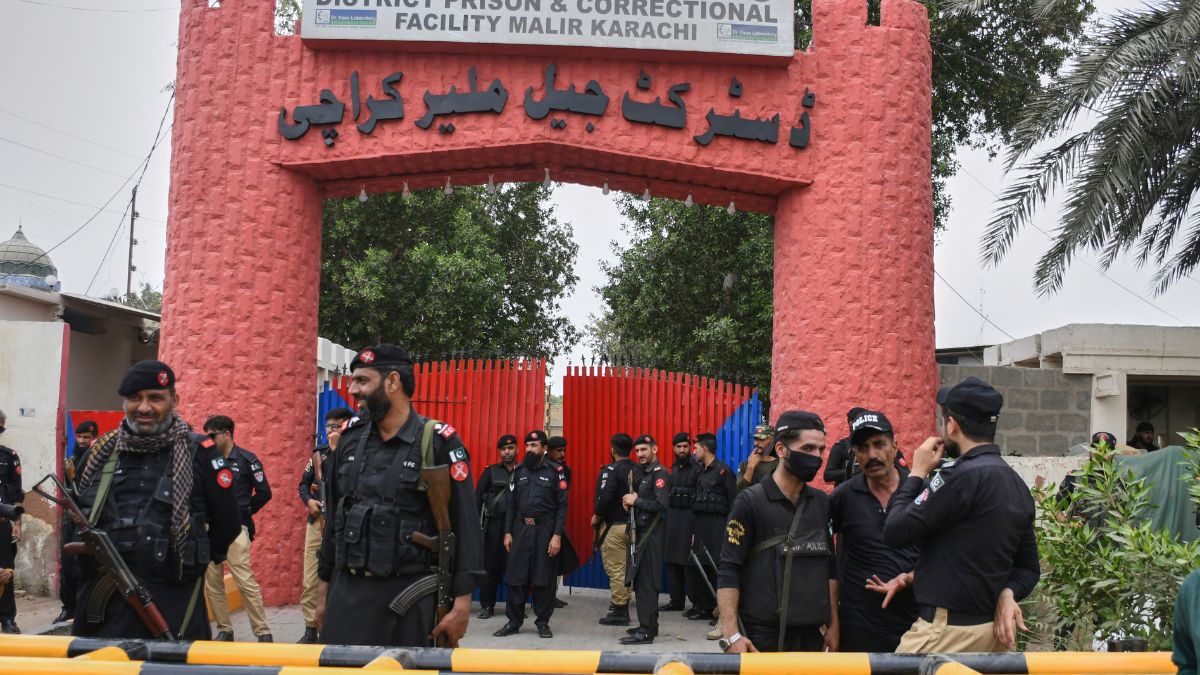)



